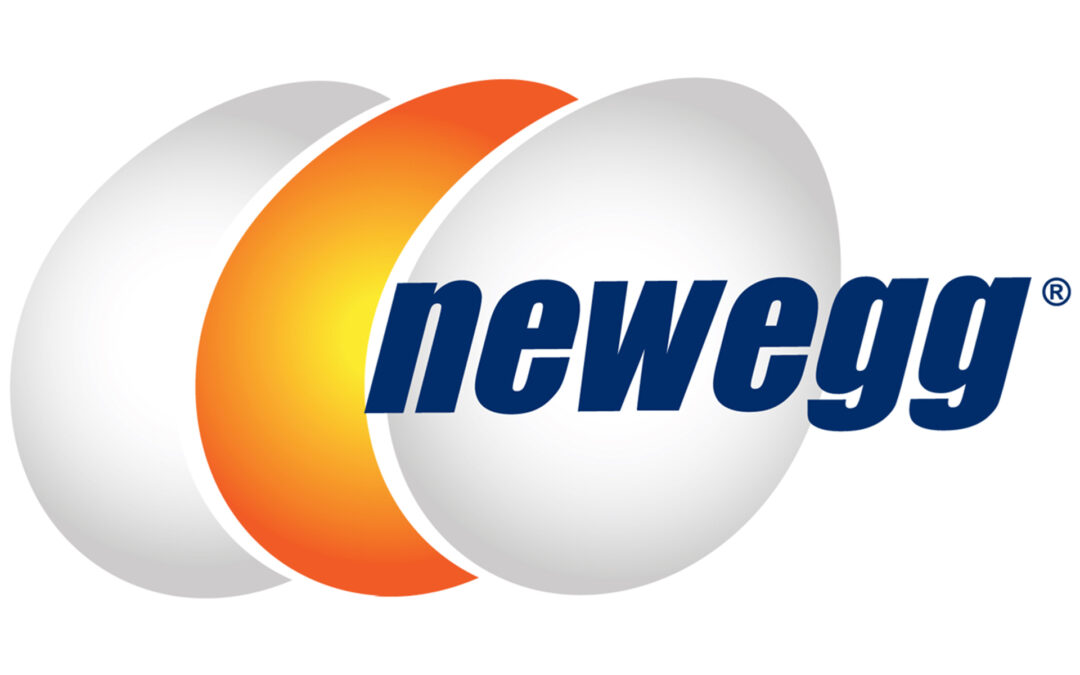As inflation and economic uncertainty loom, The Conference Board Consumer Confidence Index decreased in July, but less so than in June when it slipped a bit less than five points.
One reading that may buoy consumer feelings about their present activity despite inflation is the labor market. In appraisal of the labor market, 50.1% of consumers said jobs were plentiful, down from 51.5% in June, a fair number if down slightly. Only 12.3% of consumers said jobs were hard to get, up from 11.6% in June. Consumers aren’t as cheerful about business prospects as 17% of consumers said business conditions were good, down from 19.5% in June while 24.% said business conditions were bad, up from 22.8% month over month.
Still, six months from now, consumers expect jobs to be less plentiful and business conditions to be worse. They are also somewhat less optimistic about their financial prospects as 14.7% of consumers expect their incomes to increase, down from 16.1% and 15.7% expect their income to decrease in the next six months, up from 15.3% in June.
“Consumer confidence fell for a third consecutive month in July,” said Lynn Franco, senior director of economic indicators at The Conference Board. “The decrease was driven primarily by a decline in the Present Situation Index, a sign growth has slowed at the start of Q3. The Expectations Index held relatively steady, but remained well below a reading of 80, suggesting recession risks persist. Concerns about inflation, rising gas and food prices, in particular, continued to weigh on consumers. As the Fed raises interest rates to rein in inflation, purchasing intentions for cars, homes and major appliances all pulled back further in July. Looking ahead, inflation and additional rate hikes are likely to continue posing strong headwinds for consumer spending and economic growth over the next six months.”





